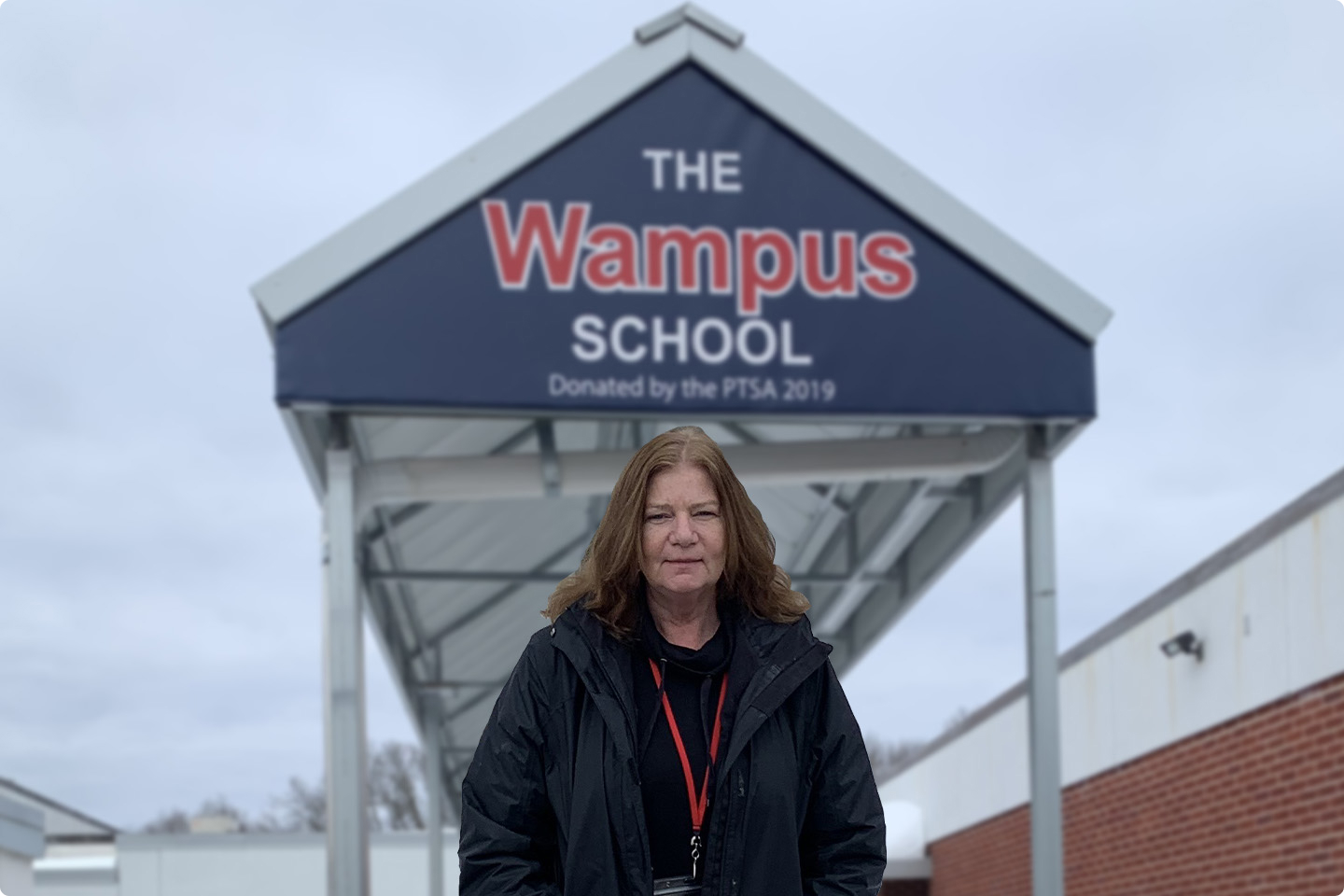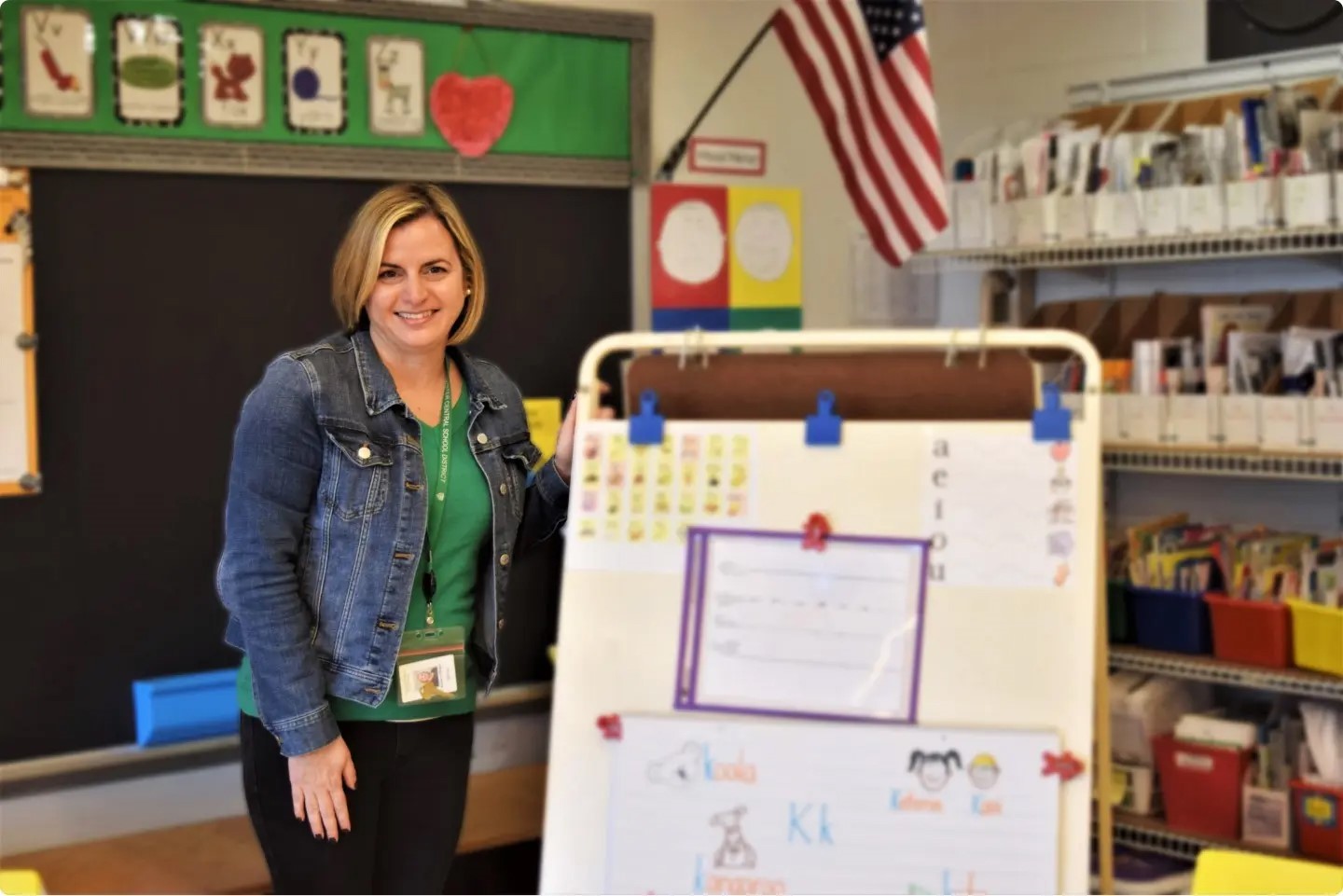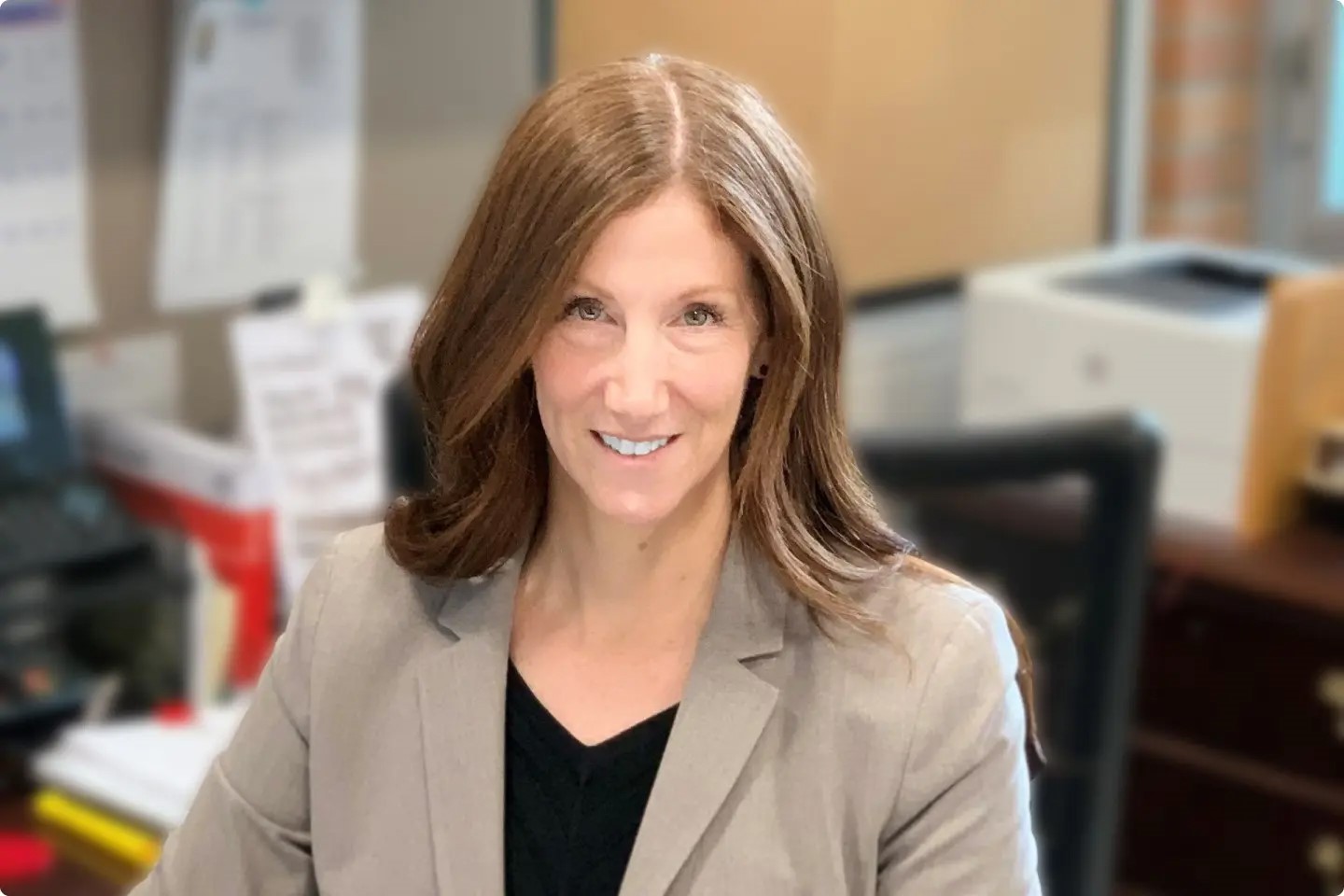
A licensed clinical social worker, Martha Shilstone began her career in the medical field, primarily in emergency rooms, dealing with issues like domestic abuse and suicide attempts. A few years were then spent working in a Family Practice Clinic in Worcester, MA, consulting with physicians and providing psychotherapy for patients. A job in law enforcement followed, training police officers on how to handle adult and teen domestic abuse issues. She made the switch to education 15 years ago, when her family moved to Connecticut and a job opened up in a nearby school district. After working as an elementary school social worker for seven years, she moved to the high school. Technically, she is employed by a local youth and family services program, rather than the school district. She is currently the student assistance counselor at Newtown High School, a school of 1,600 students in western Connecticut.
What is your role in the high school?
Many secondary schools have student assistance counselors in their buildings because of the recognized connection between academic success and emotional well-being. When students are experiencing significant life stressors, learning may not be their first priority. My role is to be available to students who feel they need some emotional support for crisis-intervention, whether it be regarding substance prevention and intervention, or counseling for school- or home-related issues. I have an open-door, drop-in policy and students can refer themselves. Friends frequently make referrals, which can also be made by teachers, the school psychologist, administrators, and parents.
The emphasis is on substance prevention and intervention. For this reason, it is a benefit to have someone from outside the faculty available to students; when a student breaks a school drug or alcohol policy, my role is to be part of the intervention for the student and the family.
What does a typical day look like?
There is no such thing as a typical day. That’s one of the things that makes this job so interesting. I meet with students both individually and in group settings. I work closely with the assistant principal, who is in charge of discipline, and I frequently connect with the student’s family, offering them support, too. When necessary, I serve as a reference to community counseling agencies.
What do you love about your work?
I love this job. I loved working at the elementary school but I really enjoy working with high school students. I love that I work as part of a team to help the students. We all roll up our sleeves together. I love the diversity of what I do – every day is different, every student is different, every problem is different. It can be immensely rewarding. I also love working in the school system. As a mom of three, working on a school calendar is perfect.
What do you find most challenging about your job?
Being a counselor is tough, because the problems are not black and white. You are dealing with kids in crisis – it’s always difficult. I often question whether I am handling a student’s issue in an optimal way. There are a lot of rapidly moving parts and you have to think ahead about your next steps. It’s always challenging, but that’s good; I like being challenged.
Students are experiencing more anxiety and depression now than ever before. Obviously, because we’re in Newtown, where Sandy Hook Elementary School is, we have an enhanced need for emotional support. But the need is everywhere. The greatest challenge for high school students is handling stress. I think the overall resiliency of students has changed, too. They get anxiety over everything. Society, social media, the college admissions system … it’s putting more and more pressure on them.
Society is far more impatient now than before. Parenting styles have changed, too, and they don’t handle things as well as they used to, either. We are seeing more and more school refusal – students refusing to come to school. Social media can be brutal; technology is a huge part of the problem – everything is magnified.
What advice do you have for someone considering a career in school social and emotional counseling?
A master’s in social work opens a lot of doors. I have to give credit to my field: it’s such a versatile major. Start helping out in the classroom. There’s a huge need for emotional support in the schools. The model of working in a school is nice; much nicer than being a clinician where everything is appointment based.





